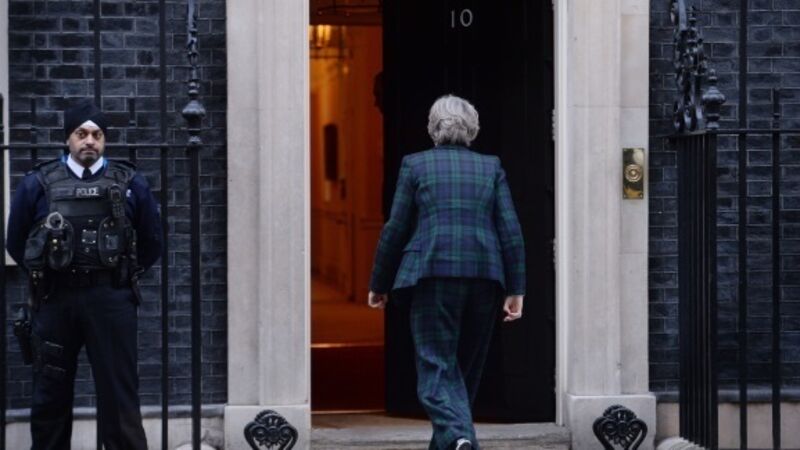Society and politics are forever changed as indeed we should be

WHAT was ‘normal’ is now exceptional.
Yesterday’s speech by Theresa May and next Friday’s inauguration of Donald Trump, are a new age. In truth, it has been partially in progress since the economic crash of 2008.












